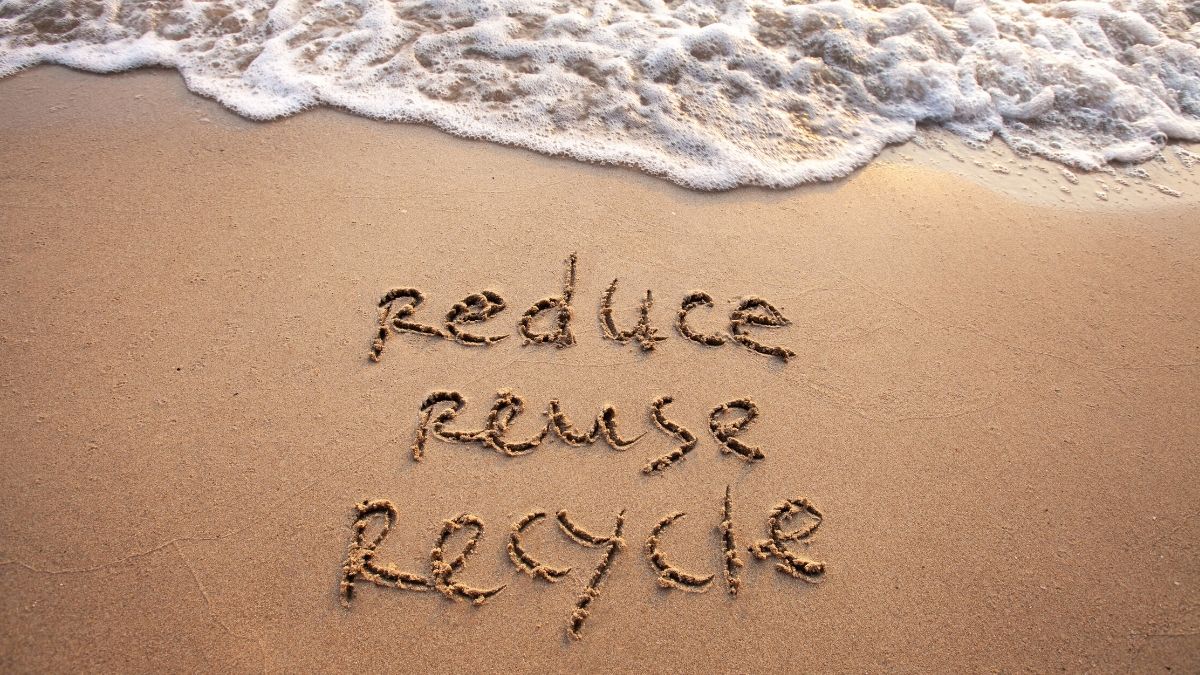Most people today recognize many of the environmental issues affecting the world today. Rising sea levels, increasing temperatures, and frequent devastation from natural disasters all indicate human-contributed environmental effects. As such, many people have opted for different lifestyles advocating eco-friendliness and environmental consciousness. For those who want to live like this but are unsure how to, consider adopting some of the best ways to live more sustainably. Even small-scale or gradual changes can reduce your carbon footprint.
Reduce Energy Consumption
For most homeowners, monthly energy bills are a nuisance. Nobody wants to spend money to use their air conditioning, see in the dark, or charge their electronics, but they must if they want these services. However, there are ways to do this without overspending. Energy-efficient light bulbs and appliances drastically cut usage, and programmable electronics ensure that you only use minimal amounts of electricity. Even installing solar panels can greatly reduce, or at least stabilize, energy bills. Renewable energy ensures that you have electricity constantly at your disposal without relying on large-scale, environmentally damaging corporations.
Reuse, Sell, or Donate Items
Another main contributor to the current environmental crisis is unnecessary waste. Much of this relates to excessive consumption. When consumers finish using clothes, toys, books, games, supplies, or other items, they throw them away. Many times, these items are perfectly reusable or can be converted into new items through recycling programs. You can reduce your waste footprint by selling or donating certain items, like clothes or entertainment, rather than throwing them in the garbage. Not only does this reduce landfills, but it also provides those who are less fortunate with new belongings.
Cut Out Plastics
In the same vein, consumers should try to cut out single-use plastics. As the name suggests, single-use items—razors, utensils, cups, storage containers, etc.—continuously use plastics and other harmful materials that, after disposal, often end up in oceans. Animals, especially sea creatures, consume these items thinking they’re food, which leads to fatal consequences. While you might not have known your waste could damage ecosystems, it helps to reduce your footprint through recycling and proper waste disposal.
Recycle Electronics
Lastly, one of the best ways to live more sustainably is to recycle your electronics. Many people do not realize that electronic devices are recyclable. In fact, there are many environmental benefits when recycling electronics. Improper electronic disposal can leach harmful chemicals and toxins into the air, ground, and water. More so, data left in certain technologies are still accessible to criminals. There is also a reciprocal approach to electronic disposal. Often, developed countries like the US use a “not in my backyard” approach, wherein it sends its electronic waste to poorer countries, thus contributing to their environmental issues. Recycling e-waste reduces this effect.














 Deering Estate
Deering Estate
 Massage Envy South Miami
Massage Envy South Miami
 Calla Blow Dry
Calla Blow Dry
 My Derma Clinic
My Derma Clinic
 Sushi Maki
Sushi Maki
 Sports Grill
Sports Grill
 The Healthy Kitchen
The Healthy Kitchen
 Golden Rule Seafood
Golden Rule Seafood
 Malanga Cuban Café
Malanga Cuban Café

 Kathleen Ballard
Kathleen Ballard
 Panter, Panter & Sampedro
Panter, Panter & Sampedro
 Vintage Liquors
Vintage Liquors
 The Dog from Ipanema
The Dog from Ipanema
 Rubinstein Family Chiropractic
Rubinstein Family Chiropractic
 Your Pet’s Best
Your Pet’s Best
 Indigo Republic
Indigo Republic




 ATR Luxury Homes
ATR Luxury Homes


 2112 Design Studio
2112 Design Studio
 Hamilton Fox & Company
Hamilton Fox & Company
 Creative Design Services
Creative Design Services
 Best Pest Professionals
Best Pest Professionals
 HD Tree Services
HD Tree Services
 Trinity Air Conditioning Company
Trinity Air Conditioning Company
 Cisca Construction & Development
Cisca Construction & Development
 Mosquito Joe
Mosquito Joe
 Cutler Bay Solar Solutions
Cutler Bay Solar Solutions


 Miami Royal Ballet & Dance
Miami Royal Ballet & Dance
 Christopher Columbus
Christopher Columbus
 Pineview Preschools
Pineview Preschools
 Westminster
Westminster
 Carrollton
Carrollton
 Lil’ Jungle
Lil’ Jungle
 Frost Science Museum
Frost Science Museum
 Palmer Trinity School
Palmer Trinity School
 South Florida Music
South Florida Music
 Pinecrest Orthodontics
Pinecrest Orthodontics
 Dr. Bob Pediatric Dentist
Dr. Bob Pediatric Dentist
 d.pediatrics
d.pediatrics
 South Miami Women’s Health
South Miami Women’s Health

 The Spot Barbershop
The Spot Barbershop
 My Derma Clinic
My Derma Clinic




 Miami Dance Project
Miami Dance Project

 Rubinstein Family Chiropractic
Rubinstein Family Chiropractic
 Indigo Republic
Indigo Republic

 Safes Universe
Safes Universe
 Vintage Liquors
Vintage Liquors
 Evenings Delight
Evenings Delight





 Atchana’s Homegrown Thai
Atchana’s Homegrown Thai
 Baptist Health South Florida
Baptist Health South Florida

 Laser Eye Center of Miami
Laser Eye Center of Miami
 Visiting Angels
Visiting Angels
 OpusCare of South Florida
OpusCare of South Florida

 Your Pet’s Best
Your Pet’s Best





 HD Tree Services
HD Tree Services
 Hamilton Fox & Company
Hamilton Fox & Company


 Creative Design Services
Creative Design Services